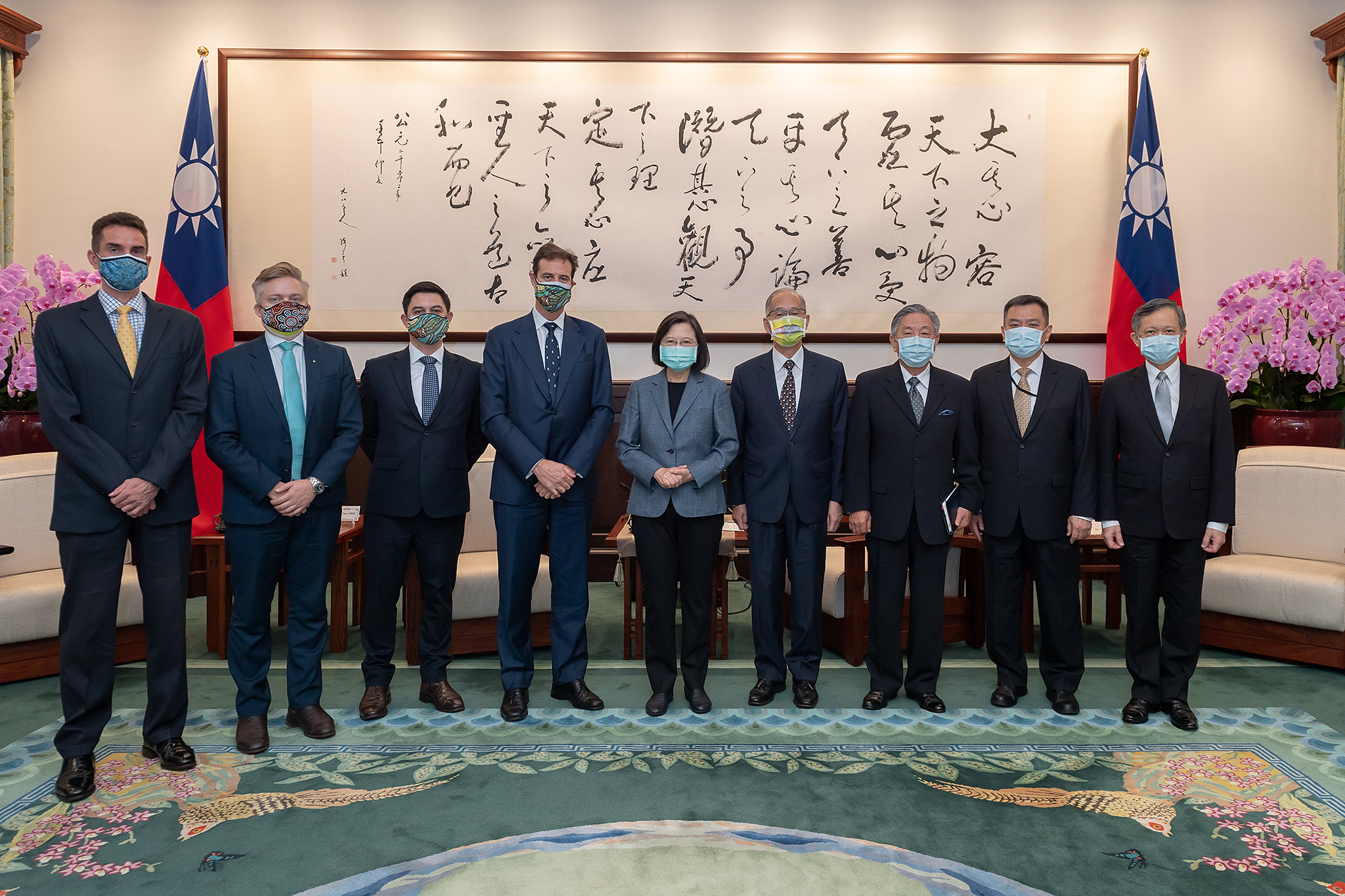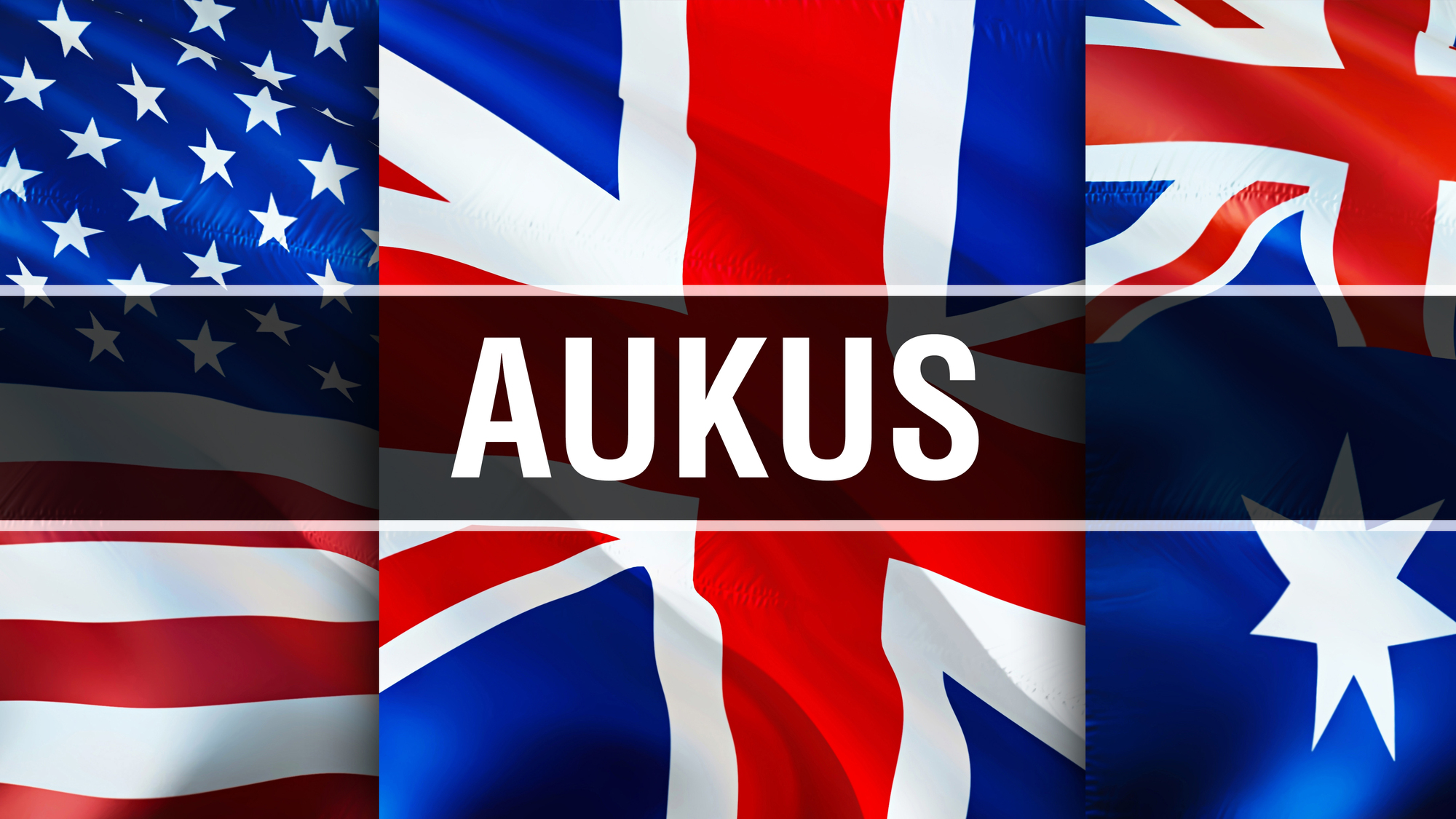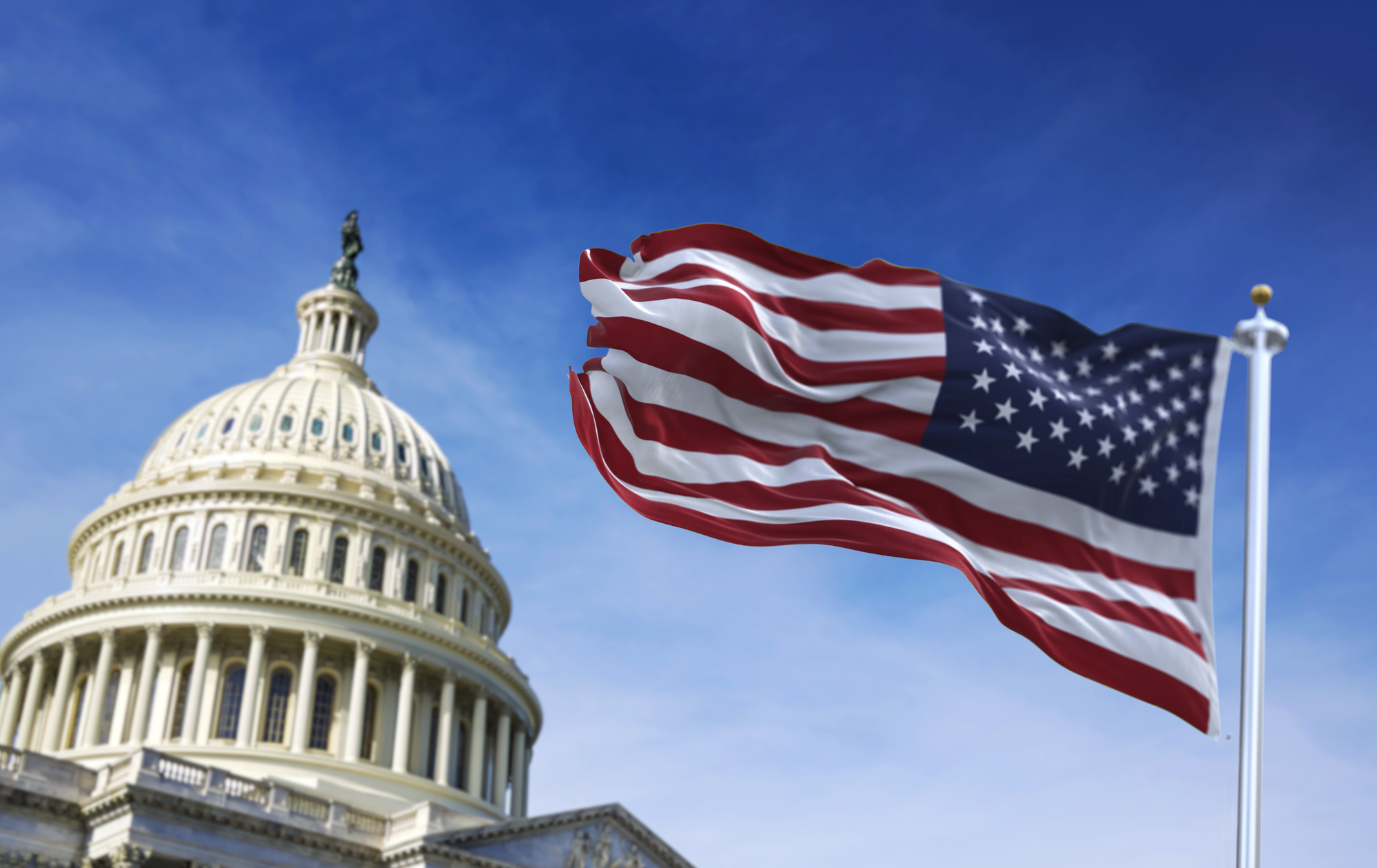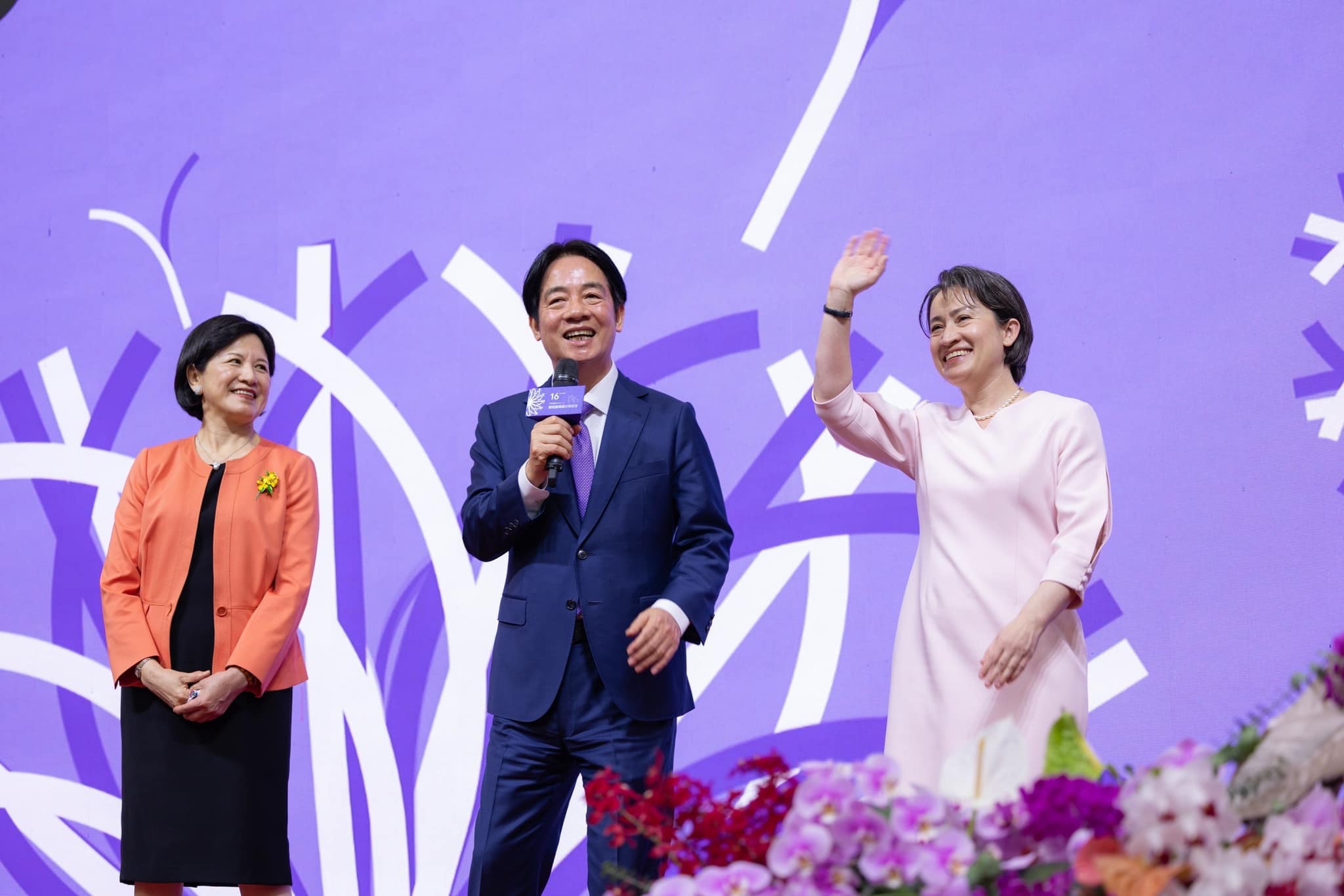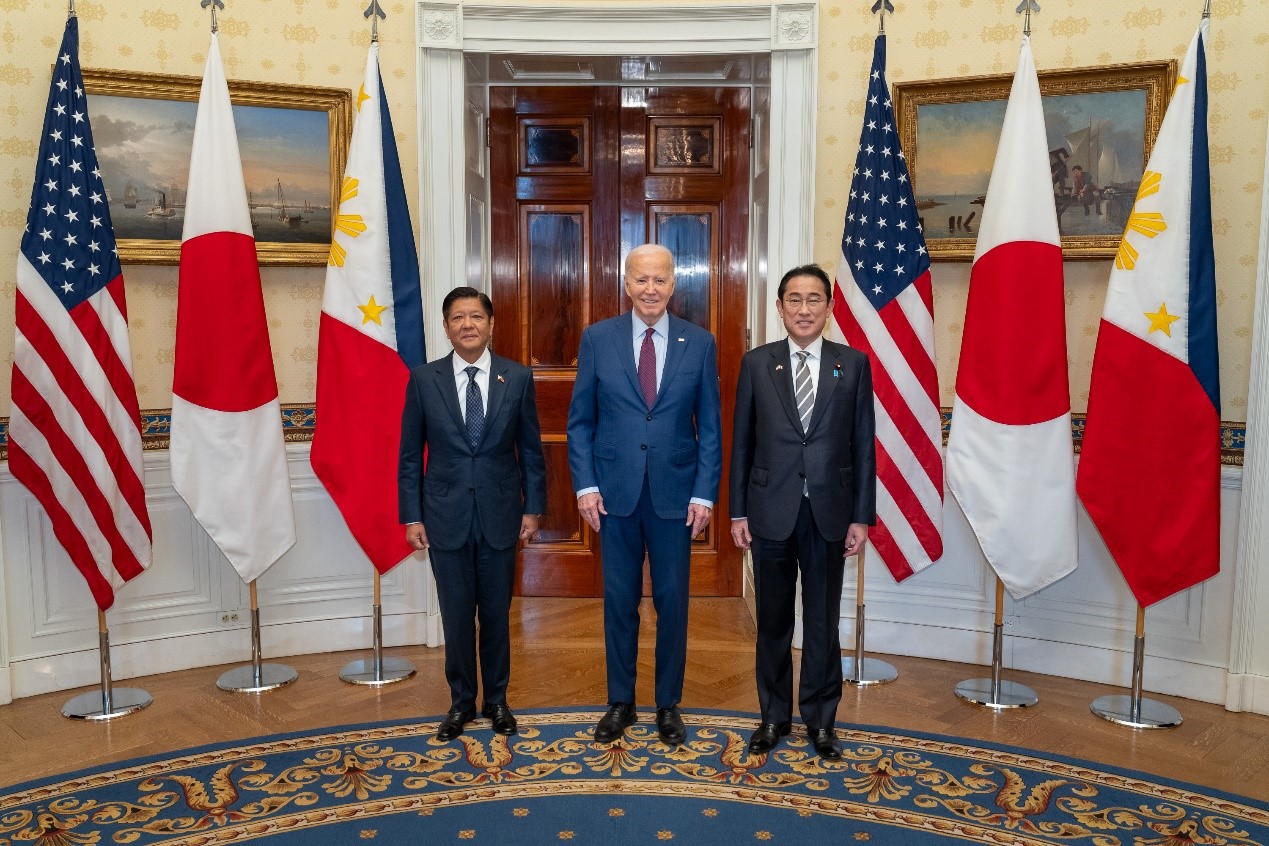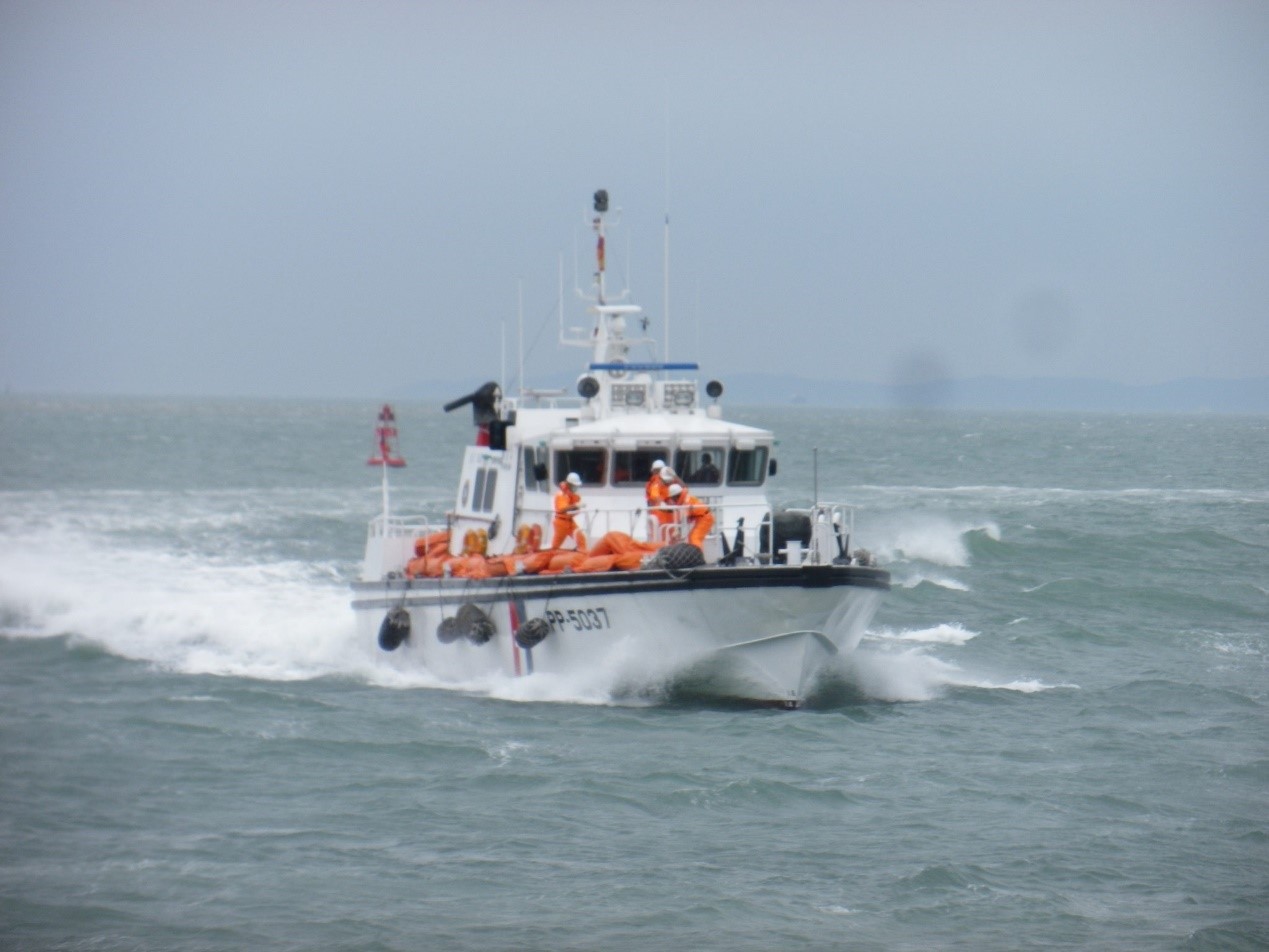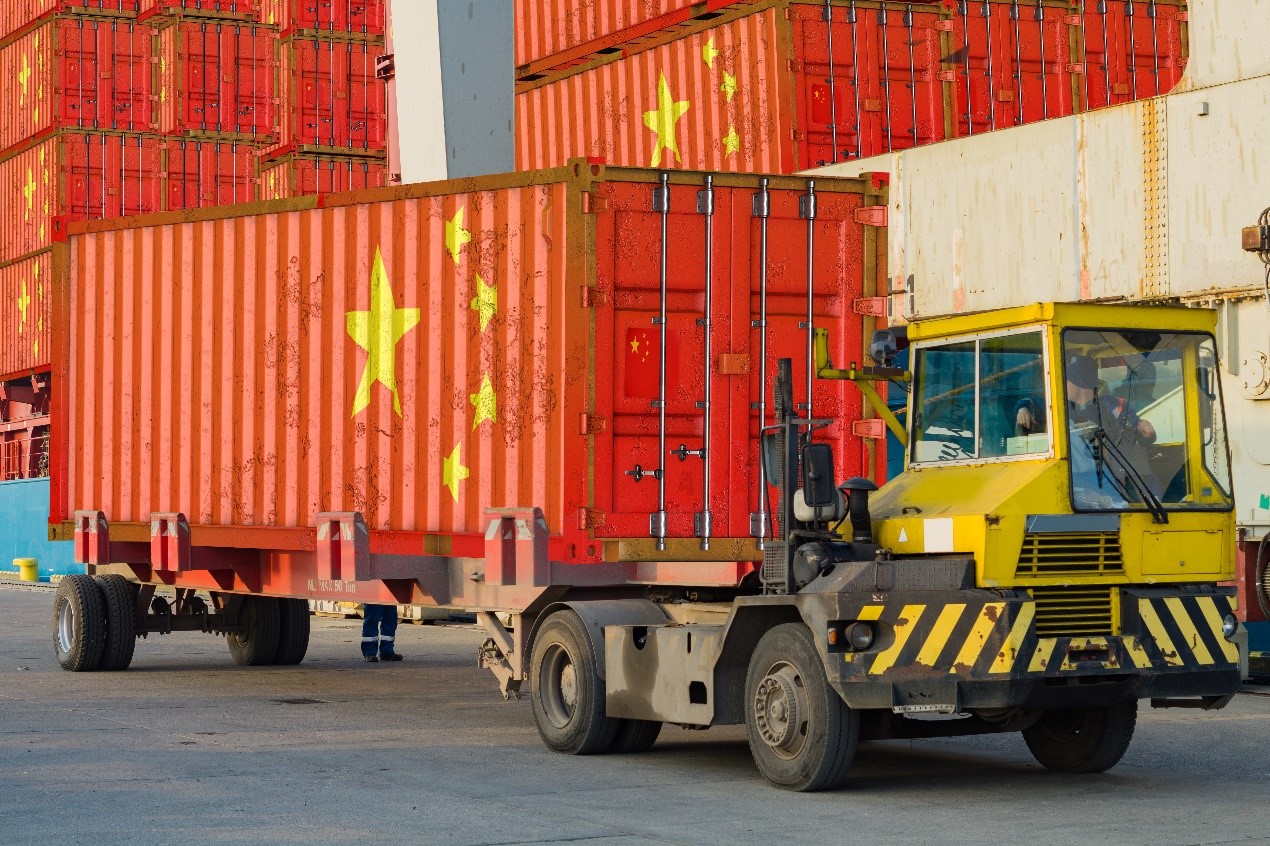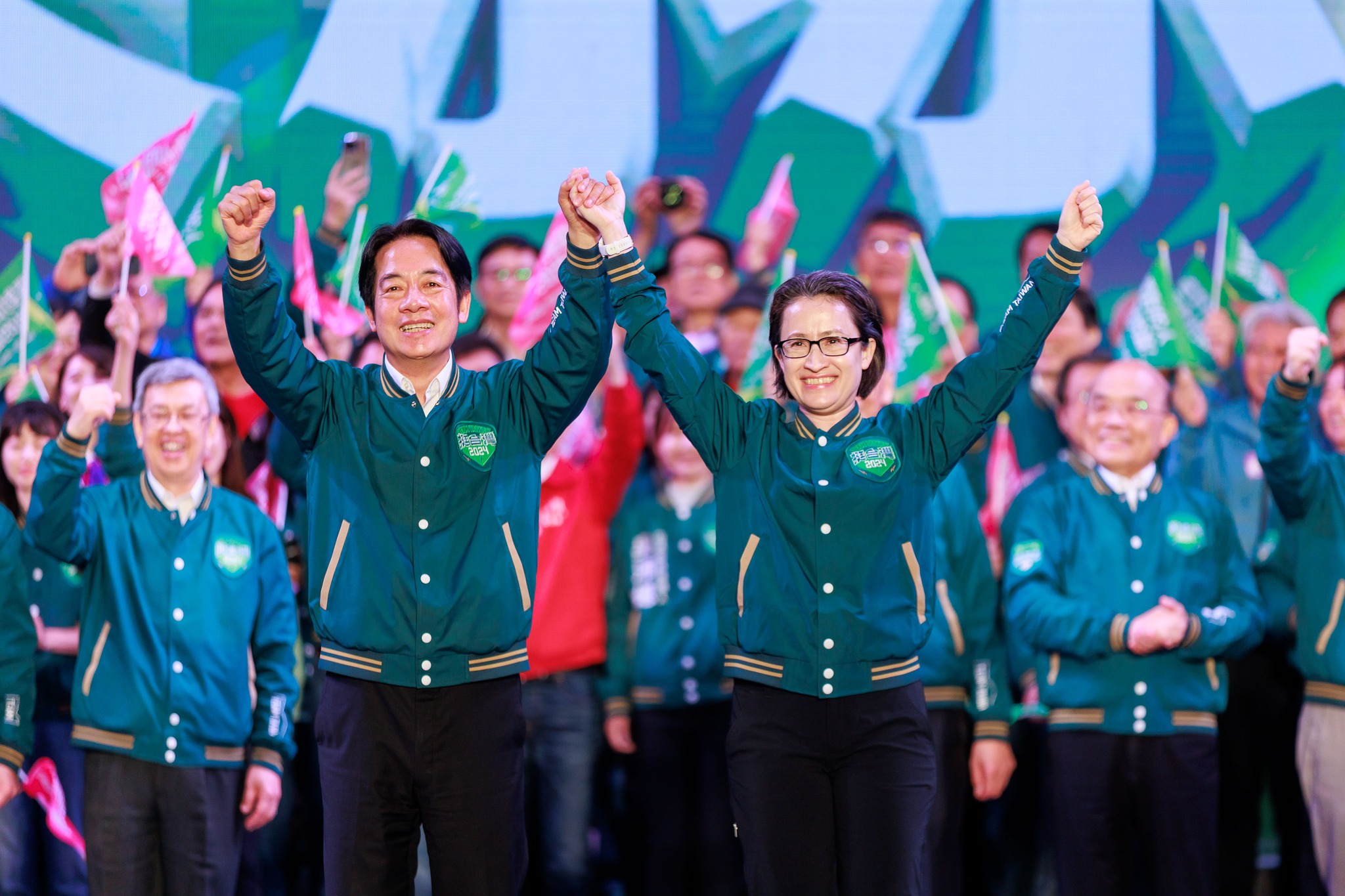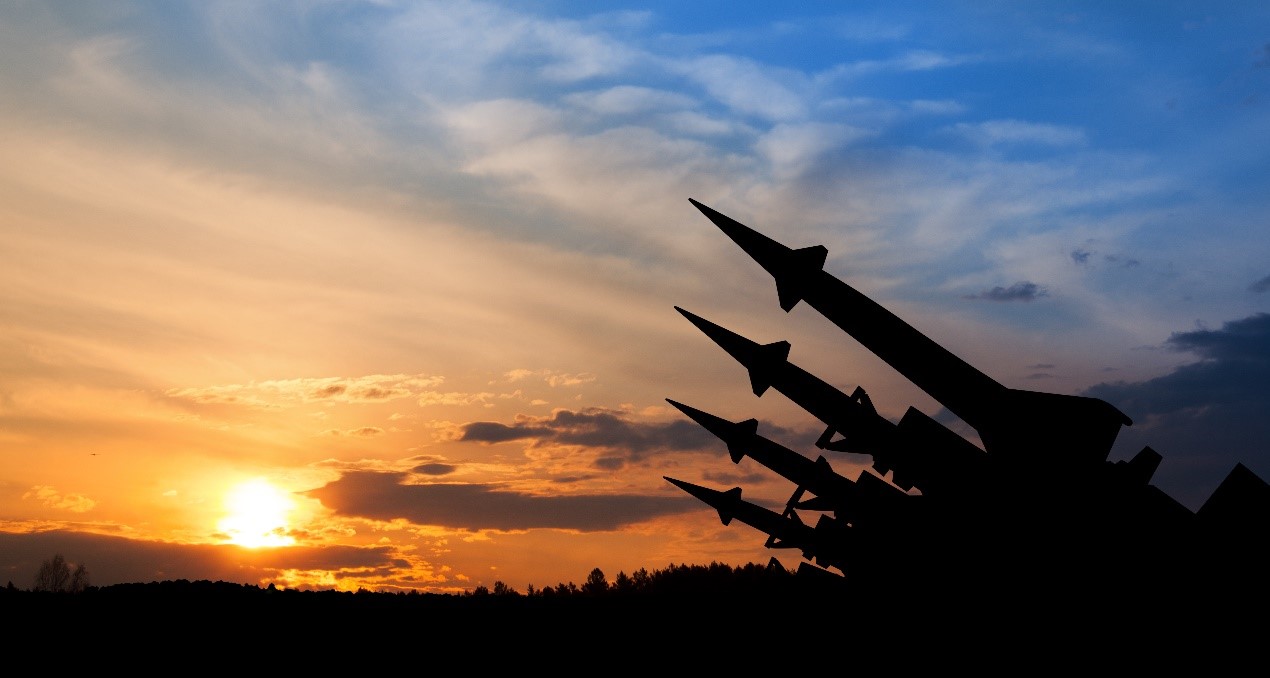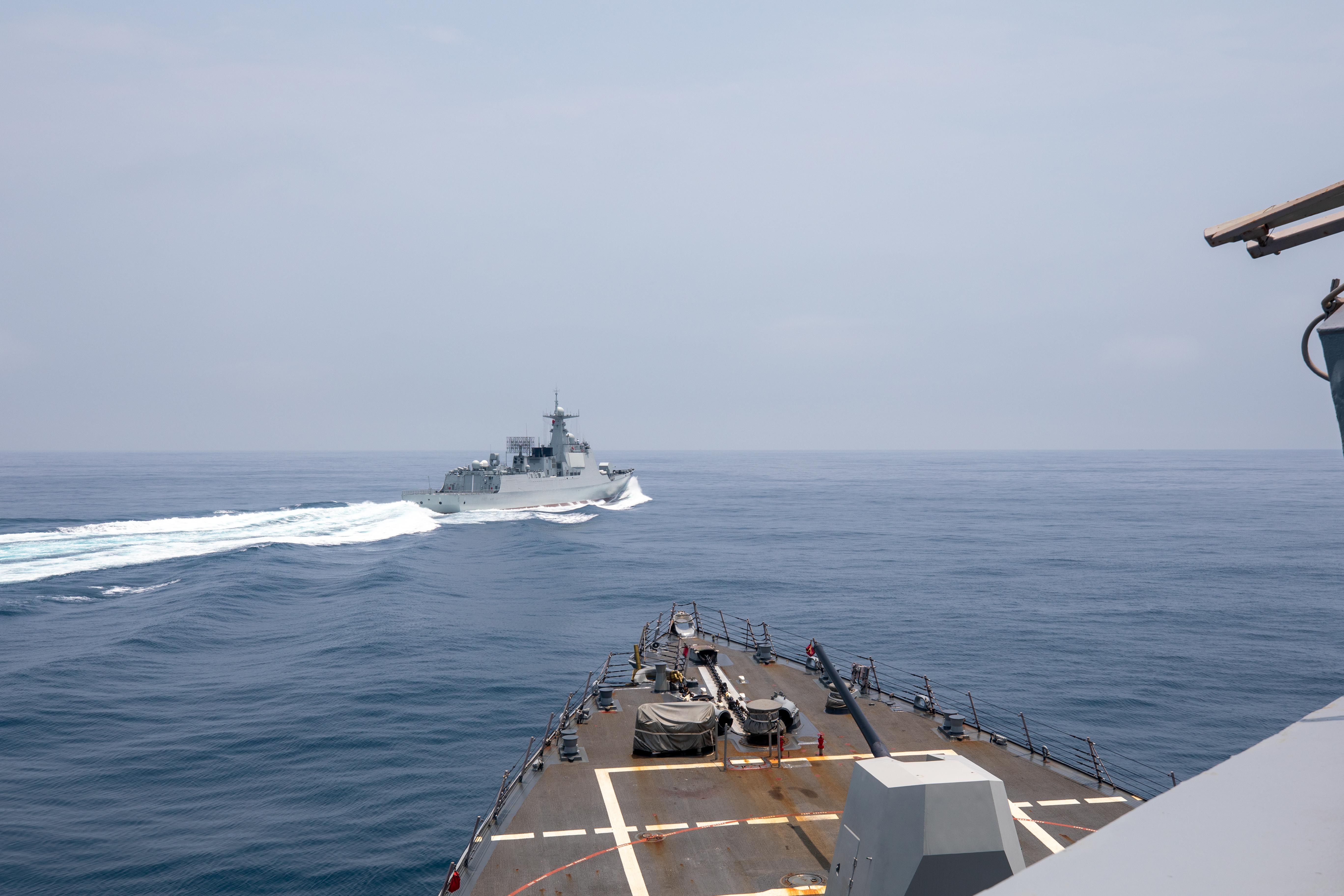Taiwan has been much in the news in Australia in recent months. It’s really all about Australia-China relations. It is not clear that Australia has really thought through its position on involvement in any future cross-Strait crisis. Picture Source: Office of the President, 〈總統接見「澳洲駐臺代表高戈銳」〉, December 7, 2020, Flickr, https://www.flickr.com/photos/presidentialoffice/50689726487/in/album-72157717182513632/
Prospects & Perspectives 2021 No. 34
Why Is Australia Talking so Much about Taiwan?
By Melissa Conley Tyler
July 9 2021
Taiwan has been much in the news in Australia in recent months. Former defense minister Christopher Pyne said Australia may need to engage in a kinetic war with China in the next 5-10 years, with Taiwan as the likely flashpoint. Peter Dutton, the current defense minister, said that a battle over Taiwan cannot be discounted, while Secretary of the Department of Home Affairs Mike Pezzullo warned that the “drums of war” are beating.
Media coverage blared “Canberra prepares for Taiwan conflict as tensions escalate” and “Australia discussing ‘contingency’ plans with United States over possible Taiwan conflict.” The Australian Strategic Policy Institute (ASPI) opined that the “US and its allies must ensure Taiwan doesn’t fall to Beijing” while the Lowy Institute released a significant report on “Countering China’s Adventurism over Taiwan.”
This does not mean, however, that all of Australia’s discussion about Taiwan has been well-informed: Prime Minister Scott Morrison, for example, got into trouble when he appeared to misstate Australia’s Taiwan policy as “one country, two systems” and needed to be corrected. Mark Harrison, professor at the University of Tasmania and a Taiwan expert, has been dismissive of the lack of depth in Australia’s Taiwan debate.
So why has Taiwan become a hot topic in Australia?
The main explanation for this recent focus is the rapid increase in negative perceptions of China among Australians. As such views of China have plummeted, this has translated into support for Taiwan.
Because it’s really all about Australia-China relations, Taiwanese observers should be wary of reading too much into the Australian debate just yet. It is not clear that Australia has really thought through its position on involvement in any future cross-Strait crisis.
Australia’s Relationship with the PRC: A Rapid Downward Spiral
The deterioration of Australia’s relations with China over the last six years has been dramatic.
Between 2014 and 2015, bilateral relations hit something of a high point. Australia and China agreed to a comprehensive strategic partnership, the highest designation short of a formal alliance, and signed the China Australia Free Trade Agreement, opening up significant trade opportunities. With no historical enmities or territorial disputes, highly complementary economies and a large Chinese-Australian diaspora, there seemed to be the basis for Australia to have a good relationship with China, even if this occurred within the parameters of very different political systems.
Today the relationship looks very different. Many have described it as the worst it has been since official diplomatic relations were established.
This is particularly evident in public opinion, with the Lowy Institute Poll recording a massive drop in warmth towards China over this period. For the first time this year, most Australians regard China more as a security threat than an economic partner.
From Australia’s point of view, some of the major factors include ongoing cyber attacks, espionage, and foreign interference in Australian domestic politics. Australia is concerned about China’s continuing human rights abuses and increasing assertiveness in the region, including encroachment into Australia’s historic “patch” in the Pacific.
From China’s point of view, concerns include foreign investment blocked on opaque national security grounds; the decision banning Huawei and ZTE from Australia’s 5G network, which served as a model for other countries; and Australia’s foreign interference legislation, which is viewed as targeting China. Australia’s human rights advocacy is a continuing irritant, particularly criticism of abuses in Xinjiang and Hong Kong. But it was Australia’s call for an inquiry into the origins of the COVID-19 virus that seems to have been the final straw for Beijing.
The result has been that Australia is in a diplomatic deep freeze, with no contact between ministers and the China-Australia Strategic Economic Dialogue officially suspended. China has imposed import restrictions on Australian products — including beef, lamb, barley, wine, lobsters, timber and coal but, crucially, not iron ore — and has issued travel warnings to prospective tourists and students.
As has been seen in other cases, China’s economic coercion has not worked. Australia has said that it is willing to talk, but not to change its policy. In fact, Beijing’s actions have only succeeded in hardening both political and public opinion against China.
Australia and Taiwan
In many areas, Australia’s concerns about China’s behavior align with Taiwan’s. For example, Australia is concerned about China’s foreign interference, aggression and cyber attacks and lack of respect for human rights. Australia wants a rules-based international order where China cannot unilaterally set the rules.
Australia has supported U.S. efforts under the Biden Administration to internationalize the Taiwan Strait issue. As Biden reaches out to rebuild relationships with allies and partners, he has created wider support for Taiwan as a security challenge for the Indo-Pacific. Australia signed onto this when, for the first time, peace and security across the Taiwan Strait was included in the statement of Australia–Japan Foreign and Defence Ministerial Consultations, along with the G7, U.S.–Japan, and U.S.–South Korea summits.
Australia has also supported Taiwan in its campaign for more international space, including vocal support for its push for observer status at the World Health Assembly. Australia works with Taiwan through the Global Cooperation and Training Framework (GCTF) to host international workshops, a platform that enables Taiwan to share its knowledge and expertise with other countries from a position of equality with other participants, sidestepping its limited official diplomatic status.
In response to China’s import ban earlier this year, an agreement was reached to allow Taiwan to export a large shipment of pineapples to Australia.
How Deep Is Australia’s Support?
Despite all this, Taiwan should be careful not to read too much into Australia’s debate. There has been no substantive change in Australia’s policy. It was formally clarified after the prime minister’s misstatement that:
“Australia’s one-China policy has not changed. However, Australia maintains close and positive unofficial ties with Taiwan, an important trade and economic partner.”
There have been influential voices warning against talking up war over Taiwan, including former foreign minister Gareth Evans. Another former foreign minister, Bob Carr, has warned against loose talk of war saying “a horrendous war fought over which political order prevails in Taiwan is not worth this price.”
It is not possible to say with certainty what Australia’s response to a crisis in the Taiwan Strait would be. That is not strategic ambiguity, just a statement of fact that Australia’s response will depend on public and political views at the time. Six years ago these views were very different from today. It is hard to imagine that Australia-China relations will go back to where they were quickly; it will be hard to find a path to a more normal relationship. But that does not mean that Australia has thought about the hard decisions it might need to make.
In the 2021 Lowy Poll, a majority of Australians rated a military conflict between the U.S. and China over Taiwan as a critical threat to Australia. But in the event of a military conflict between China and United States, 57% think Australia should remain neutral. The last time they were asked, in 2019, only 42% of Australians supported deploying military forces, even in the clearest possible case where China invaded Taiwan and U.S. decided to intervene.
Looking forward, it is possible that increased debate over and awareness of Taiwan’s situation will change these views. We will watch and see how increased China-skeptic sentiment and awareness of Taiwan in Australia play out over time.
(Dr. Tyler is a Research Associate at the University of Melbourne’s Asia Institute. She is in Taiwan as a visiting fellow at the Institute for National Defense and Security Research, funded by a Taiwan Ministry of Foreign Affairs fellowship)


